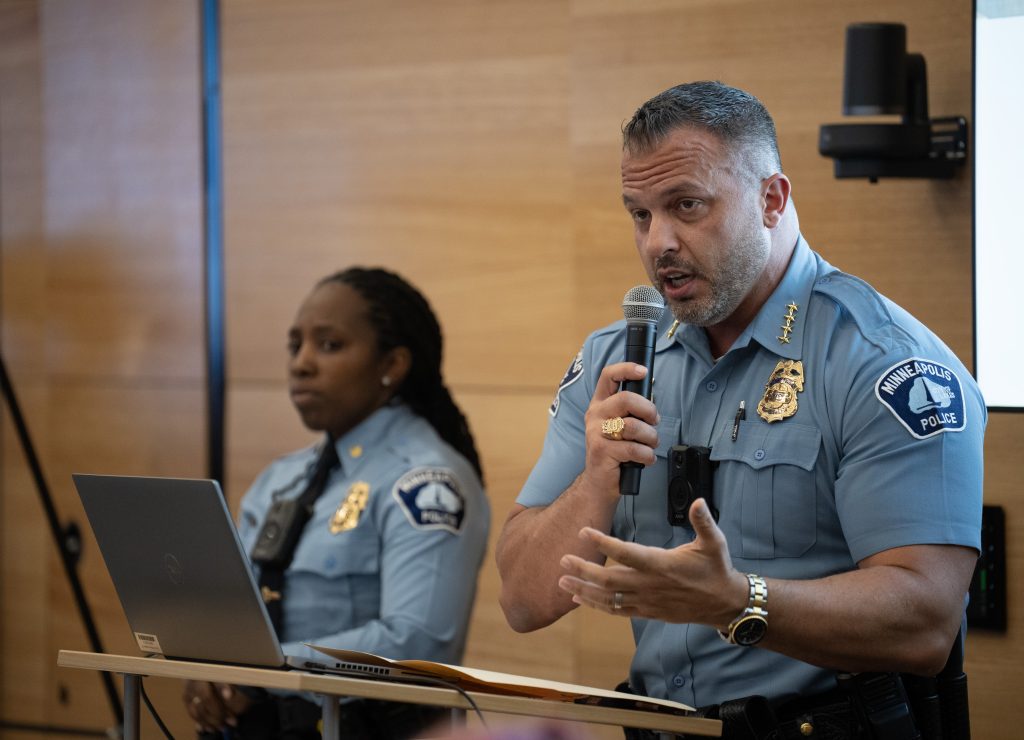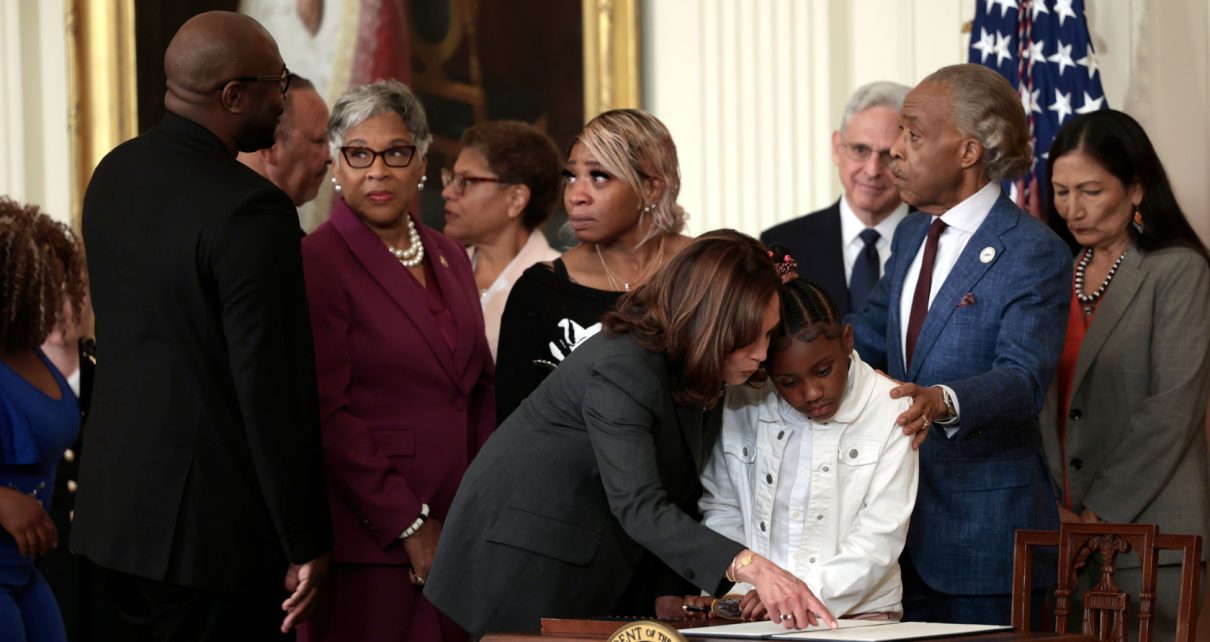Stay Connected: Enhance Public Safety through Accountable Police Reform In this digital age, staying connected and communication transparency is vital in building trust in law enforcement agencies. Community-oriented policing where police officers and community members collaborate together is a key catalyst to addressing essential reform areas. The Department of Justice helps law enforcement with procedural standards via programs and initiatives to facilitate change.
A significant emphasis revolves around police misconduct which requires a serious approach to create safety for communities, emphasizing different sections of the society that have been dealing with police violence for ages. One such instance is the black Americans suffering through racial disparities and people of color across the nation. In the wake of George Floyd’s death, new York and several other states proposed rigorous police reform. Police violence towards people of color across the country and communities of color has resulted in a distinct disconnect between these communities and the police departments and officers.
Initiatives for Systemic Change: Key to Reforming Criminal Justice and Enhancing Trust Steps to reform law enforcement typically include implementing 21st-century policing strategies, emphasizing community policing and focusing on mental health concerns among law enforcement officers. The latter involves training officers to interact appropriately with individuals facing mental health crises, hence promote public safety.
Enforcing systemic changes to local law enforcement will only be helpful if local communities feel involved in the process. The concept of community trust is fundamental during this phase. Therefore, communities they serve become critical components to practically delivering and conceptualizing safety.
The government at the state and federal level, along with local communities, should work together to reform policing. These reforms should focus on rebuilding trust, reducing police violence, increasing the use of civilian oversight, analyzing implicit bias, and the reasonable use of deadly force.

Spotlight on Progress: Addressing Systemic Issues and Enhancing Trust in Policing Addressing systemic issues and enhancing trust involves actions like reducing police prosts in black and brown communities since they are more likely as white communities to experience use of deadly force by law enforcement officers. Laws like the Justice in Policing Act help to bring about key reforms in law enforcement, aiming at increasing accountability and building trust.
The vast majority of policing and public safety tasks do not involve violent crimes but involve responding to mental health crises, homelessness, and other non-acute community issues. The police departments should focus on these areas primarily rather than exerting excessive force.
The trust between law enforcement officers and the communities they serve will always be the cornerstone of policing. To completely embody the principle of protect and serve, law enforcement agencies across the country need to prioritize rebuilding trust, address racial disparities, and thus contribute to building safer communities.
Several officers swear to protect their communities and do a great job in the field, which is admirable. However, it’s only fair and integral to hold accountable those few who engage in misconduct or excessive use of force. It’s also crucial to provide support to officers upholding their oaths.
In conclusion, to be effective and truly serve and protect, both federal law enforcement and local law have an arduous task ahead of rebuilding public trust. As we have seen, however, it is not an impossible one. Through procedural justice, civilian oversight, community-oriented policing, and meaningful reform it is indeed possible. It will require a lot of collective work at all levels – the federal government, law enforcement, and the communities they serve – to achieve. But it is a step in the right direction as our society continues to grow and evolve.

